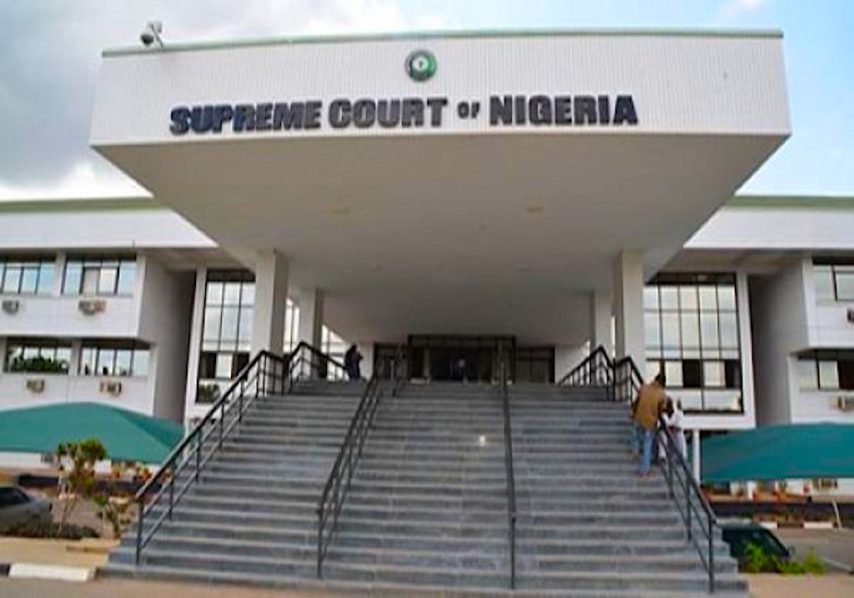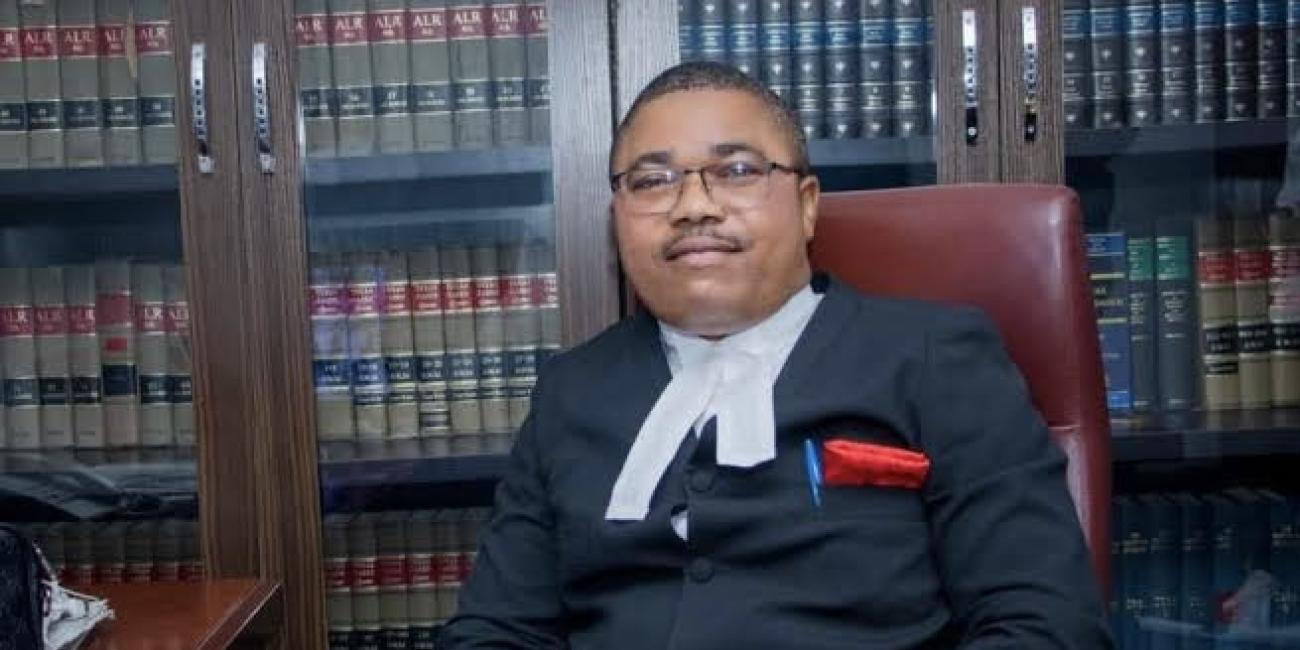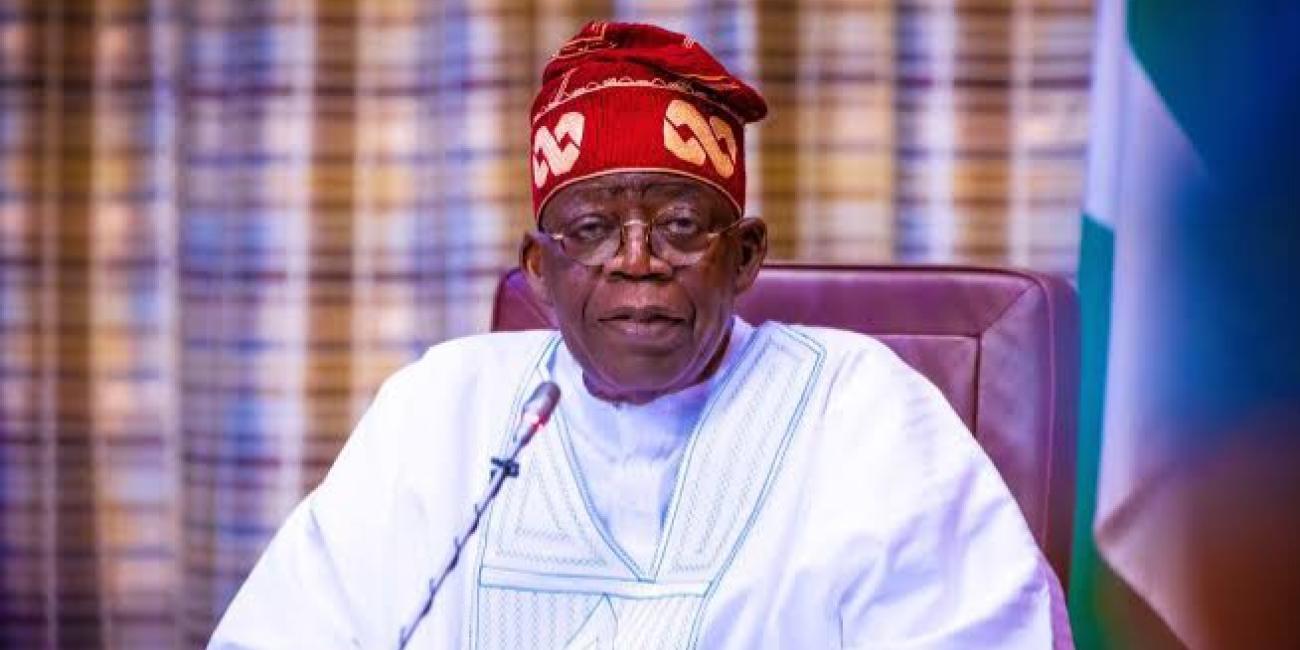A high-stakes legal battle that could reshape the political landscape of Rivers State is now in its final stages, as the Supreme Court prepares to deliver judgement on the controversial defection of 27 members of the Rivers State House of Assembly.
The lawmakers, originally elected under the Peoples Democratic Party (PDP) platform, switched allegiance to the All Progressives Congress (APC), triggering a fierce constitutional dispute over their legitimacy to remain in office.
The Legal War So Far
Rivers State Governor, Siminalayi Fubara, has led the charge, challenging the legality of the Assembly, which is now under the leadership of Speaker Martin Amaewhule, one of the defected lawmakers. Fubara insists that once the 27 lawmakers crossed party lines, they automatically lost their seats, rendering the Assembly’s decisions — including the passage of the state’s 2024 budget — legally questionable.
At the last Supreme Court hearing, the apex court dismissed one of Fubara’s appeals, which specifically challenged the presentation of the 2024 state budget before the Amaewhule-led Assembly. Fubara’s lawyer, Yusuf Ali, withdrew the case, admitting that the issue had become academic, though legal experts suggest the withdrawal was part of a broader strategy to focus on the core issue of the lawmakers’ defection.
What’s at Stake?
At the heart of this case is a fundamental constitutional question: Can lawmakers who defect from the party that brought them to power legally retain their seats in the legislature? The Nigerian constitution suggests they should automatically lose their positions, unless their original party is embroiled in a factional split.
Governor Fubara argues that the defected lawmakers have no legal standing to continue making laws for the people of Rivers State — a position that, if upheld, could instantly dissolve the current Assembly leadership and set off a chain of political and legislative uncertainty in the state.
Supreme Court’s Verdict Could Alter Power Dynamics
Legal analysts say the Supreme Court’s ruling will have far-reaching implications, not only for Rivers State but also for the broader political culture of defection in Nigeria, where party-switching has become a common survival tactic for politicians.
If the court rules in Fubara’s favor, the 27 lawmakers could lose their seats, potentially handing Fubara a friendlier Assembly — but also setting a powerful precedent that could discourage similar defections nationwide.
On the flip side, if the Supreme Court upholds the lawmakers’ right to defect and retain their seats, it could weaken party discipline across the country, sending a message that lawmakers can cross party lines with little consequence.
Countdown to Judgement Day
With political tensions already running high in Rivers State, the impending judgement promises to be a landmark decision, one that could either fortify the governor’s grip on power or embolden a rebellious legislature that has openly clashed with his administration.
As the nation watches, the Supreme Court’s ruling is poised to become a defining moment for Nigerian democracy, testing the boundaries between loyalty to party, loyalty to constituents, and the personal ambitions of politicians.





